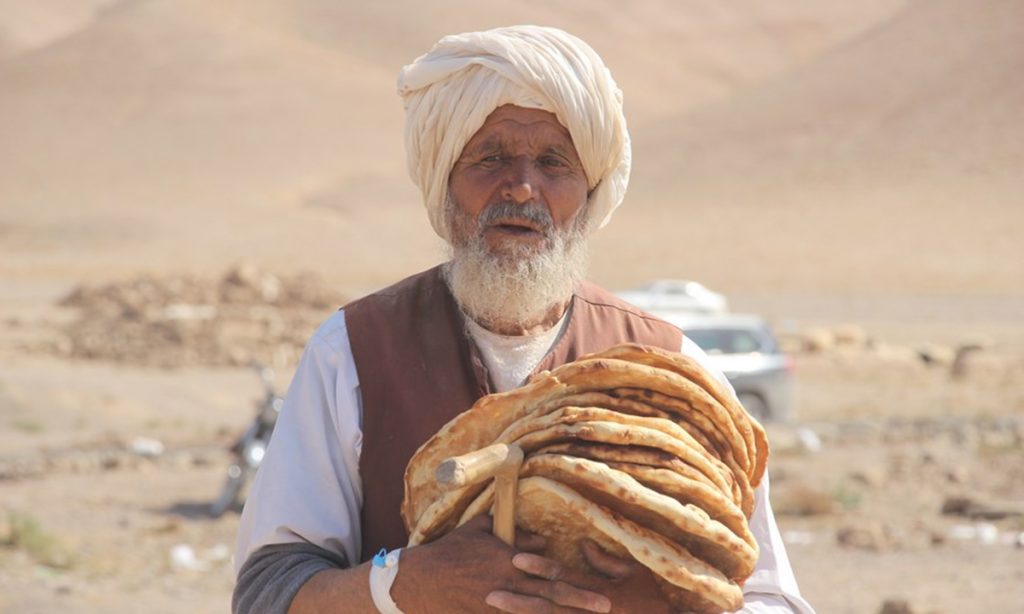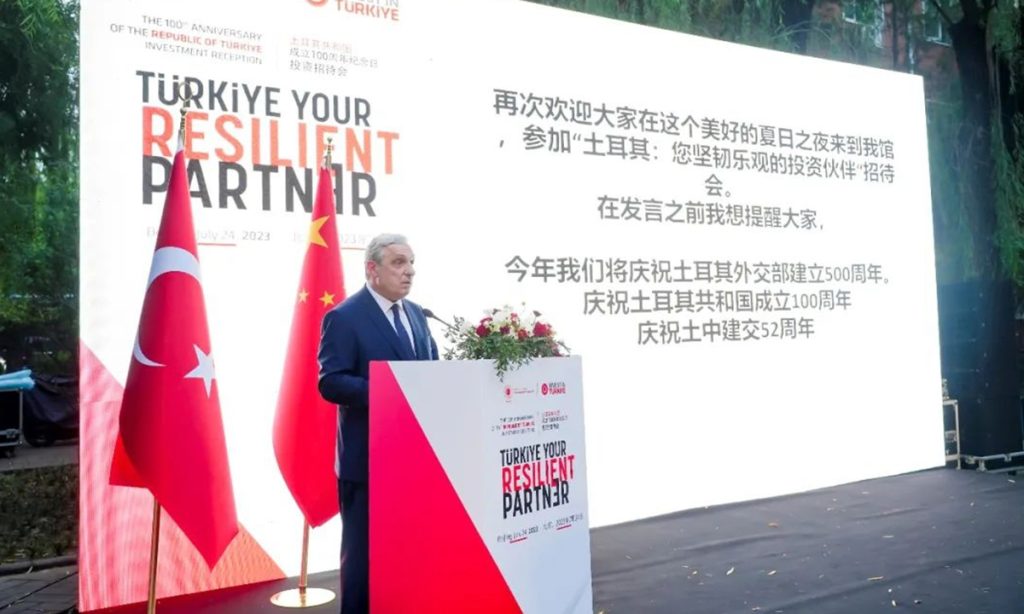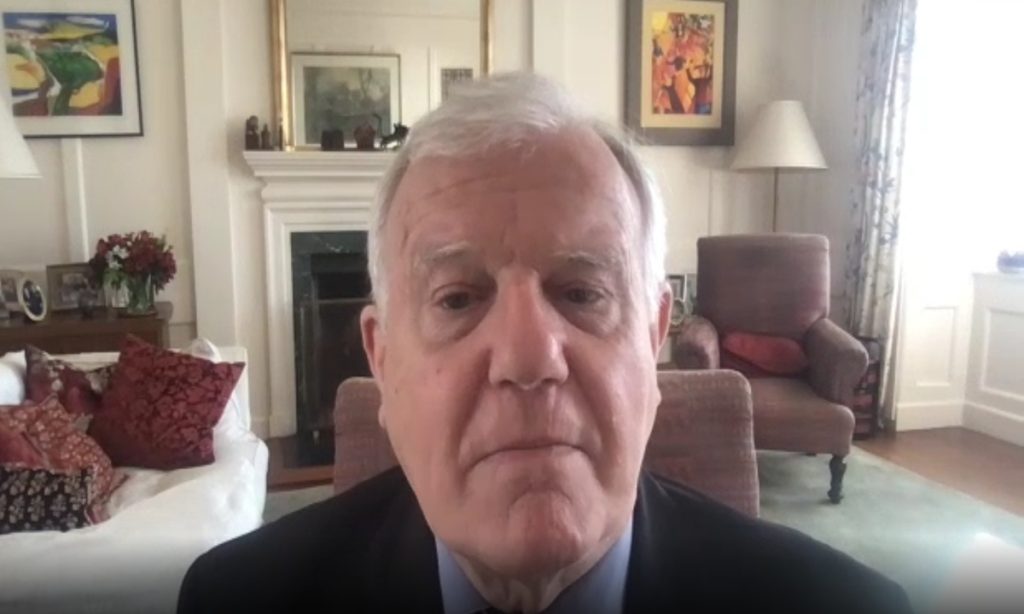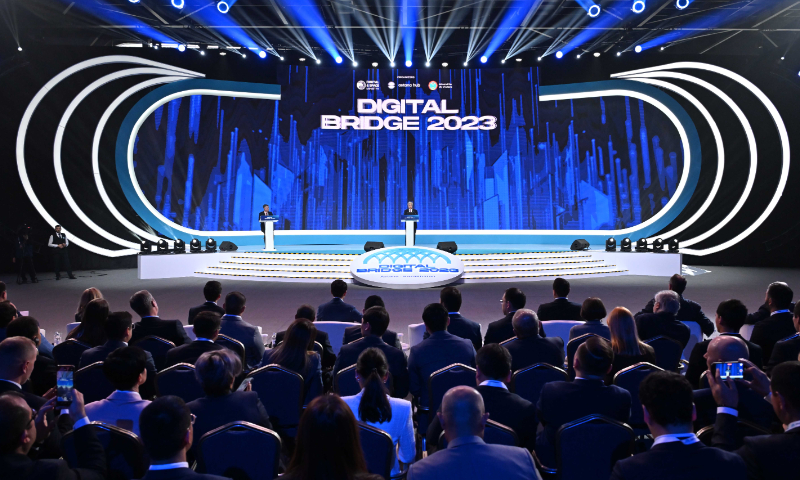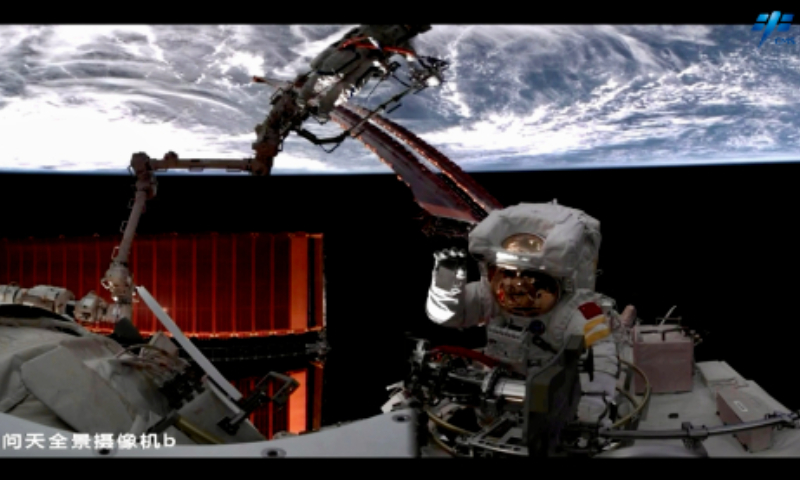Asian Para Games kicks off
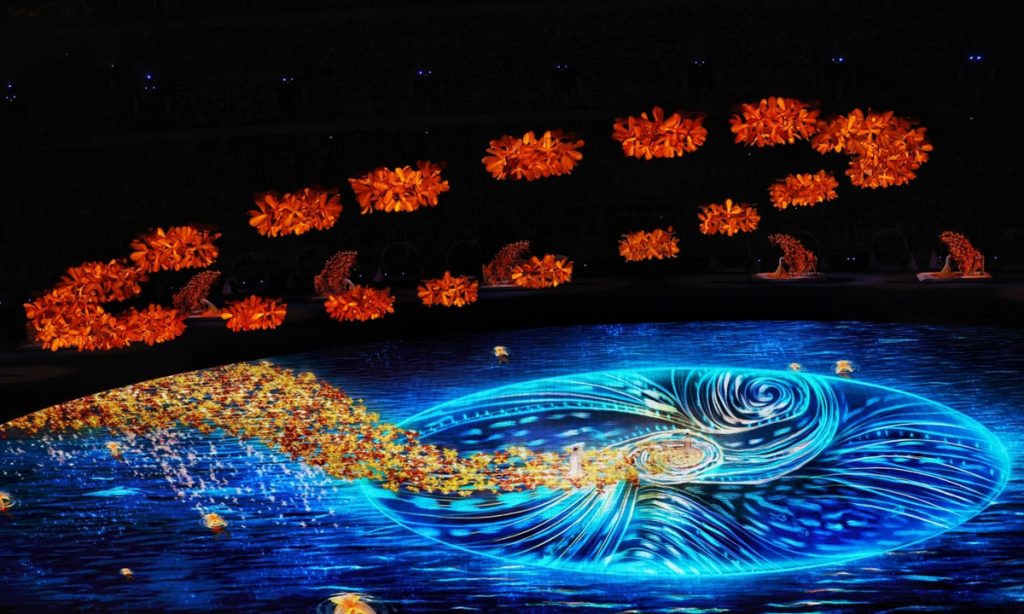
The Hangzhou Asian Para Games unfolded with a heartwarming opening ceremony that showcased the spirit of "optimism, harmony, perseverance and sharing" in East China's Zhejiang Province on Sunday.
Themed "Hearts Meet, Dreams Shine," the 85-minute opening ceremony revolved around the image of the osmanthus, the official city flower of Hangzhou. The Hangzhou Olympic Sports Center Stadium, or "Big Lotus," was turned into a spectacle of golden osmanthus flowers in full blossom thanks to digital technology.
From the 22 massive bouquets of golden osmanthus flowers that highlighted the charm of Hangzhou, the flower transformed into water and then arched bridges and eventually became a giant golden crown in the air over the packed 80,000 capacity stadium to welcome the athletes of the participating countries and regions.
More than 3,000 athletes from over 40 countries and regions across Asia will show their perseverance and pursue their dreams in Hangzhou. They will join hands to write a new chapter of harmony, unity and sharing for the Asian community.
The Chinese delegation, which consists of 723 people with a total of 439 athletes, will compete in 22 sports and 397 events at the Para Games, which are scheduled to run until Saturday.
People with disabilities were invited to participate in the ceremony to demonstrate their indomitable spirit and positive mentality toward life.
China's national flag was carried into the stadium by four children, two with disabilities and two without. A group of performers gave a rendition of the national anthem using sign language.
A dance show featuring 36 able-bodied dancers and 36 wheelchair dancers displayed the touching scenes of athletes going hand in hand on the journey to realize their dreams, highlighting the spirit of integration of able-bodied people and people with disabilities.
Chinese Vice Premier Ding Xuexiang declared the 4th Asian Para Games open.
The flame of hope and love was lit as the last torchbearer, fitted with a robotic arm operated by a brain control system, ignited the cauldron together with the Games mascot Feifei.
Majid Rashed, president of the Asian Paralympic Committee, told the Global Times that the Hangzhou Games are the best ever Para Games and that they offer athletes across Asia the opportunity to present their talents.
"Beyond the competitions, the Games convey the message of inclusiveness and aim to raise people's awareness about people with disabilities," said Majid. "Over the next six days of competitions, you will see stories of determination and inspiration."
"Hangzhou has been a great role model for hosting such a big event. The facilities and the venues are outstanding and will be one of the legacies for people of this beautiful city," Majid noted.
"I look forward to coming to Hangzhou with my family in the future."
Sha Xiaolan, general director of the opening ceremony of the Asian Para Games, told the Global Times that the image of the golden osmanthus crown was designed to extend the wishes of "winning laurels" to every athlete.
The Chinese character for osmanthus also means "laurels" in Putonghua (Standard Chinese).
"From a small osmanthus flower to an osmanthus crown, we hope to convey the idea that athletes' unrelenting efforts in training will accrue accomplishments. Every little effort counts in making their dream come true," said Sha.
The song "Our Asia," which was used for the opening ceremony of the Asian Games, was played again to usher the athletes into the stadium.
"Using the same song is to express the notion of the integration of the disabled and able-bodied," said Sha. The beloved song was penned 33 years ago for the 11th Asian Games in Beijing.
Cui Wei, vice director of the opening ceremony of the Asian Para Games, told the Global Times that the ceremony was dedicated to inviting everyone to Hangzhou as the city is permeated with the aroma of osmanthus in October.
"If the opening ceremony of the Hangzhou Asian Games was romantic and spectacular, then the ceremony of the Asian Para Games is warm, touching and inspiring," said Cui.
"We want to take this opportunity to show Hangzhou's humanistic care for disabled people and reflect the country's progress and achievements in the cause of disabled people," Cui said.
Lü Yuan, chief writer of the opening ceremony of the Hangzhou Asian Para Games, said the osmanthus was chosen as the main image of the opening ceremony for its touching symbolic meaning in traditional Chinese culture.
"After communicating with many visually impaired people, we thought the aroma of osmanthus can be shared by nearly everyone," Lü noted.
"We want to convey the power of community, companionship and solidarity. This small osmanthus flower does not bloom alone, but blooms in clusters. None of us walks alone. The power of love and companionship keeps us going forward," said Lü.
Chen Weiqiang, spokesperson of the Hangzhou Para Games, said that by Sunday, over 320,000 tickets had been sold, going on to note that the Games have helped Hangzhou become a more accessible city for people with disabilities.


